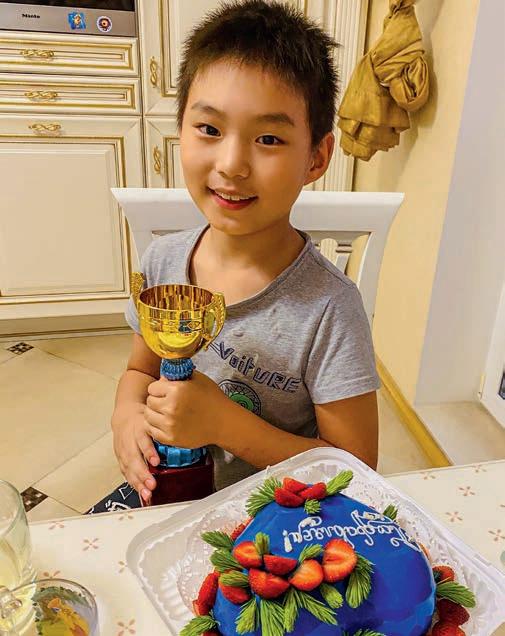
10 minute read
Belarusian Poems for Children: for the First Time in Chinese
Xue Jingqian, student of Gymnasium No. 29
mMagazine Belarus is probably the first platform of recent years where Chinese translations of Belarusian literary works for children have been published. Significantly, the first translated story was a classic fairy tale by Uladzimir Karatkevich The Devil's Treasure. Then there were translations of fairy tales by Lyudmila Rublevskaya and Katsyaryna Khadasevich-Lisavaya. These fairy tales were translated by Sun Fanqi, a student of the Belarusian State University. And the translation project was initiated by a director and editor-in-chief of Zvyazda publishing house Ales Karliukevich, who is known for promoting the development of Belarus-China literary relations. For today’s issue, we have prepared a selection of children’s poems by Belarusian masters – Yanka Zhurba, Averyan Dzeruzhinsky, Ryhor Baradulin, Uladzimir Karatkevich, and Vasil Vitka. This is the first attempt to translate Belarusian children's poetry into Chinese. The poems were translated by a nine-year-old boy Xue Jingtian, a student of the Minsk gymnasium №29. We sincerely believe, that English readers will also enjoy English translations of these renowned Belarusian poets, as well as expand their knowledge of Belarusian literature. Most Chinese readers are not familiar with Belarusian children's literature, as very few Belarusian works for children and teenagers have been translated into Chinese.
Advertisement
In the fifties of the twentieth century – the "golden era" in SovietChinese relations, when there was a real rise in interest in Soviet literature, children’s stories, and short stories by Yanka Maur and Ivan Shamiakin were translated into Chinese.
In 1953, the Shaonian Ertong Chubanshe publishing house published a collection of five short stories by Yanka Maur called The Little Partisan. The collection included short stories Family, On the ice, Maximka, A Note (the title was translated into Chinese as The Little Partisan, hence the title of the collection) and Journey Around the House. The translator was Ding Ru.
Young Chinese readers first learned about Palesse Robinsons and TVT by Yanka Maur in the 1950s. Chinese translations of these short novels were also published as separate books by Shaonian Ertong Chubanshe publishing house: Palesse Robinsons (titled as Two Little Robinsons) in 1956, and TVT (titled as Incredible Society) in 1957. The translator of both novels was Wang Wen.
The choice of works by Yanka Maur for translation into Chinese seems natural. Both Palesse Robinsons and TVT were significant pieces of children’s literature not only within the Belarusian literary space but also throughout the Soviet Union. TVT won the first prize at the AllBelarusian Children's Book competition, and Maxim Gorky became interested in the novel. At his request, Yanka Maur urgently translated the manuscript of the novel into Russian and sent it to him. This was on the eve of the First Congress of Writers of the USSR, and Samuil Marshak in his report On Great Literature for Children among others noted "a significant school story written in Belarus".
Ivan Shamiakin works were widely translated into Chinese: Saleswoman and poet, Prima notte, Snowy winters, Telamones and Caryatides, Deep streams, Unrepeatable Spring, The Heart on the Open Palm, and others. However, these works appeared in Chinese as early as the 1970s and 1990s. But in the 1950s five children's stories were published as a separate book in Chinese: To Moscow, Natasha, The Boy from the Ocean, A Gift to the Leader, and In the Snowy Desert. The collection was also published by Shaonian Ertong Chubanshe Publishing House.
After a nearly fifty-year gap, in the 2000s there were several reprints of Yanka Maur. And after that, there was silence again. Therefore, the project of the magazine Belarus is to some extent the indicator of the revival of interest in translating Belarusian literature into Chinese.
The poetry collection for this issue was translated into Chinese by Xue Jingtian. He is in the third grade of Minsk gymnasium №29. For the first time, Jingtian encountered Belarusian literature at school and immediately realized how different the expressive means in Belarusian and Chinese poetry were. Then he tried to translate a few poems himself. "The translation process helped me see the beauty of our languages, and each translated poem gives me a sense of accomplishment, the joy of a job done," says Xue Jingtian. Sun Fanqi accomplished literary editing of these poems.
Veronika Karlyukevich
Uladzimir Karatkevich
How animals and birds talk
In love with life and every fly, I walk near houses and dewy gardens. And animals and birds talk to me In tens and thousands of different languages. In my hair my cherries have snowed, Fields whisper in my ear; Like, who you love, you will always understand, In whatever skin he walked. Pigeons in purple and blue, Looking at me, they murmur like this: — "Just barbarian, barbarian, big barbarian. He doesn't have wings, he cringes, walks, a freak ". The rooster, lined with stick, leaps like a grasshopper, And amazed chickens, like a downed god, He screams in pain and pride: "Don't fall!" Not half-hearted! Past your feet! Past your feet! " When the night floats over the lovely land, Two frogs are talking by the sleepy river: "Ku-uma, ku-uma, what are you cooking for dinner?" "Borsch, borsch, buraki, bura-ki-ki-ki-ki." I probably also seem like a beast to them, And they think in the shade of the grass: — "Here comes a two-legged bird without feathers Or a bear that put a fur coat in a pawnshop."

Уладзімір Караткевіч
Як размаўляюць звяры і птушкі
Закаханы ў жыццё і ў кожную мушку, Я іду каля хат і росных садоў. І са мной размаўляюць звяры і птушкі На дзесятках і тысячах розных моў. Ў валасы мае вішні свой снег завеялі, Мне на вуха шэпчуць абшары ніў; Маўляў, каго любіш, таго заўжды зразумееш, У якой бы скуры ён ні хадзіў. Галубы ў ліловых і сініх барвах, На мяне паглядзеўшы, вуркочуць так: — «Пр-роста вар-рвар, варвар, стр-рашэнны варвар. Крыл ня мае, а кр-рочыць, крочыць, дзівак». Певень, палкай падбіты, скача, як конік, І здзіўленым курам, як зрынуты бог, Утрапёна крычыць ад болю і гонару: — «Не па-паў! Не па-паў! Міма ног! Мі-ма ног!» Калі ж ноч паплыве над зямлёю мілаю, Размаўляюць дзве жабы ля соннай ракі: — «Ку-ума, кума, а што ты вячэраць варыла?» — «Боршч, боршч, буракі, бура-кі-кі-кі-кі». Я, напэўна, таксама здаюся ім зверам, І яны разважаюць у засені траў: — «Вось ідзе двухногая птушка бязь пер’яў Ці мядзведзь, што шубу ў ламбард заклаў».
Ryhor Baradulin
Winter fl ed from spring On the bushes of horned willows, — Th ey cut off her captan, And cotton wool is tangled on branches. Winter fl ed from spring, Fleeing on rivers, lakes, Th e ice cracked, creaked, howled, Betrayed the ice — and water in space. Only ringing of icy eyes — Runaway birches are looking for ford Th ey hold on low shoulders, Like timid children, storks. And spring caught up with winter; Th e hare jumped into the pool of blue, For she came upon his tail, And snowdrops sprayed, scattered. And winter fl ed from spring, Under its feet the wreckage died down, Shaken on forest paths Th e last snow from white lilies of the valley. Winter fl ed from spring — It ran away...




Ры гор Ба ра ду лін
«Уця ка ла зі ма ад вяс ны…»
Уця ка ла зі ма ад вяс ны Па кус тах вер ба ло заў ра га тых, — Ёй кап тан аба рва лі яны, І на гол лі мат ля ец ца ва та. Уця ка ла зі ма ад вяс ны, Уця ка ла па рэ ках, азё рах, Лёд за трэс каў, за крэк таў, за ныў, Здра дзіў лёд — і ва да на пра сто ры. Толь кі звон кры га ло му ачах — Брод шу ка юць бя ро зы-бяг лян кі І тры ма юць на ні цых пля чах, Як дзя цей па лах лі вых, бус лян кі. А вяс на да га ня ла зі му; За яц ско чыў у лу жу бла кі ту, Бо на хвост на сту пі ла яму, І пра лес кі рас пыр скаў, рас кі даў. І ўця ка ла зі ма ад вяс ны, Пад на га мі ла мач ча за тле ла, Па рас трэс ла па сцеж ках ляс ных Снег апош ні свой з лан ды шаў бе лых. Уця ка ла зі ма ад вяс ны — уця ка ла…
Yanka Zhurba
Th e fi rst snowfl akes
Th ey fl y, pour Snow stars — White, light, Like fl uff . Creeping so fl at In the village and in the fi eld, Rotate, spin Quiet, slow. Th ey fl y, pour Snow stars… Let's go sledding We ride down the hill.


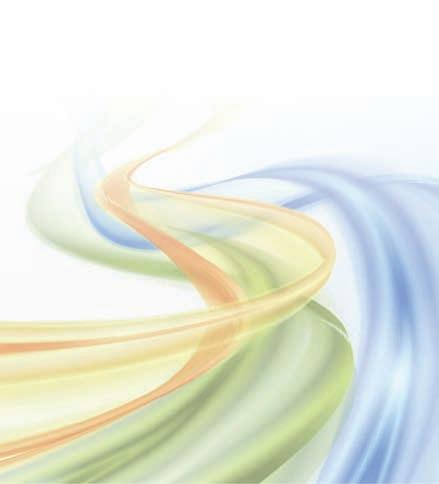
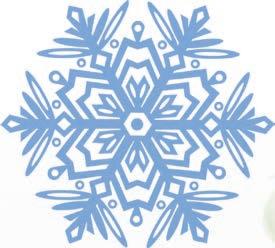
Ян ка Жур ба
Пер шыя сня жын кі
Averyan Dzeruzhinsky
Teacher
I have Masha doll, I have Dasha doll and Natasha doll. I'm not a mom for them anymore, I am a teacher for them — My fi rst graders. Dolls in syllables read, And draw, and sing. because of the children, I have no time for playing in the yard.
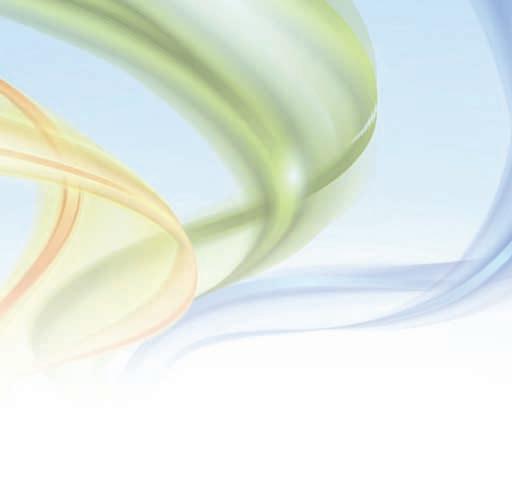
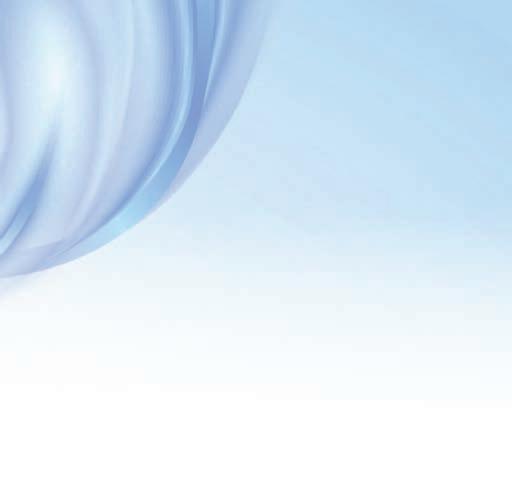


Vasil Vitka
Friends
Who's knocking on the window? Is that you, tits? I woke up a long time ago, Braided pigtails. Here I put on a coat, I'll run out on the porch, From the stairs swept the snow, I'll make breakfast. Here halva and cottage cheese, A sausage plate, Warm meat pie — Eat, please. At lunch, tits, again, come to me. Well, I have to go home, I did not eat myself.
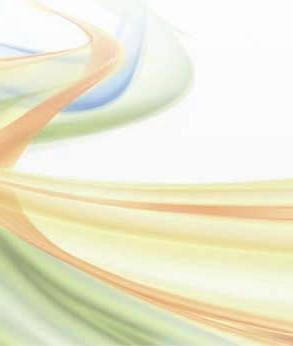
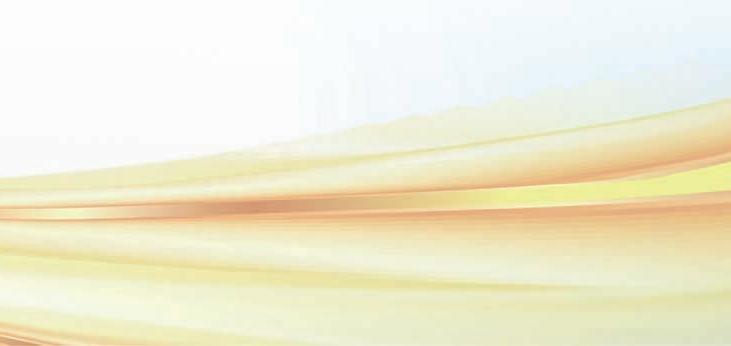


Авяр’ ян Дзе ру жын скі
На стаў ні ца
Ва сіль Віт ка Сяб роў кі
Хто там гру кае ў акно? Гэ та вы, сі ніч кі? Я пра чну ла ся даў но, За пля ла ка січ кі. Вось над зе ну ка жу шок, Вы бе гу на га нак, З лес ві цы смя ту сня жок, Вы не су сня да нак. Тут хал ва і тва ра жок, Скры лі чак каў бас кі, Цёп лы з мя сам пі ра жок — Еш це, ка лі лас ка. У абед, сі ніч кі, зноў, Пры ля тай це сме ла. Ну, а мне — па ра да моў, Я ж са ма не ела.




